| Marieke Hardy’s memoir, You’ll Be Sorry When I’m Dead, was not the book I expected it to be, yet it has fast become my new favourite reading material. Through her open, honest, and witty recounts of parts of her life, from wanting to become a prostitute at age eleven, to idolising a child star and frank political writer, Hardy expresses a sense of child-like innocence about the world, her experiences, and love. As a reader you can’t help but fall in love with the person she portrays herself as on the page, because she comes across as a loveable scamp who evokes that inner child within you. Her writing is terse and the way she conveys her experiences authentic. Those who have loved passionately, lingered in the joys of youth, and drunken to excess will likely find a relatable, kindred spirit in the author and her experiences. There are one or two dark moments, as well as instances where Hardy finds herself in awkward situations she never considered she might find herself in, but overall the memoir elicits a tone of curiosity and humorous self-portrayal. Hardy’s honesty is very compelling, and we need more authors with the courage to write like this. If your sensibilities are old fashioned or you prefer “high” literature, you might want to look elsewhere. However, if you have an open mind, you want to learn more about this writer and public figure, or just want to enjoy a good memoir, I highly recommend picking up a copy. Five stars. |
|
0 Comments
|
Archives
July 2023
Categories
All
|

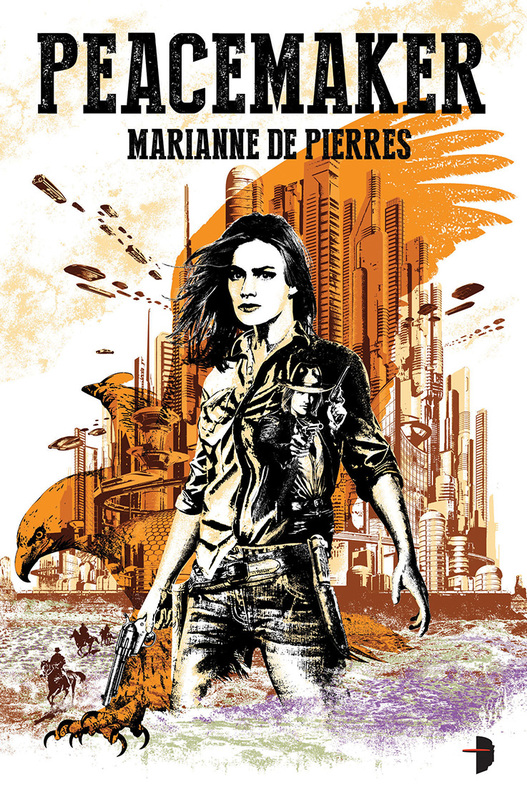
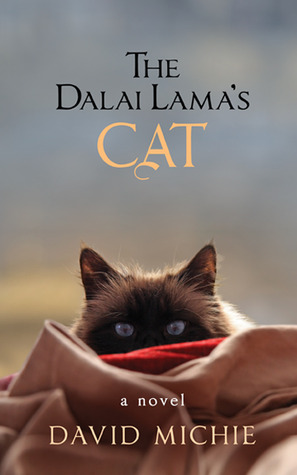
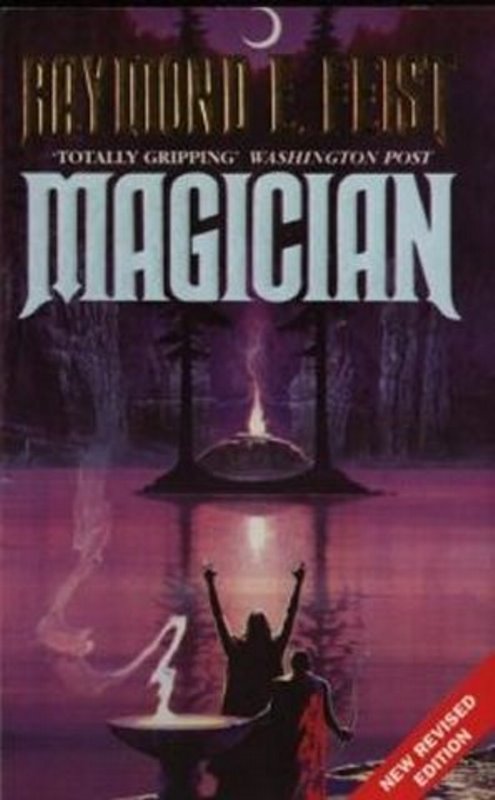
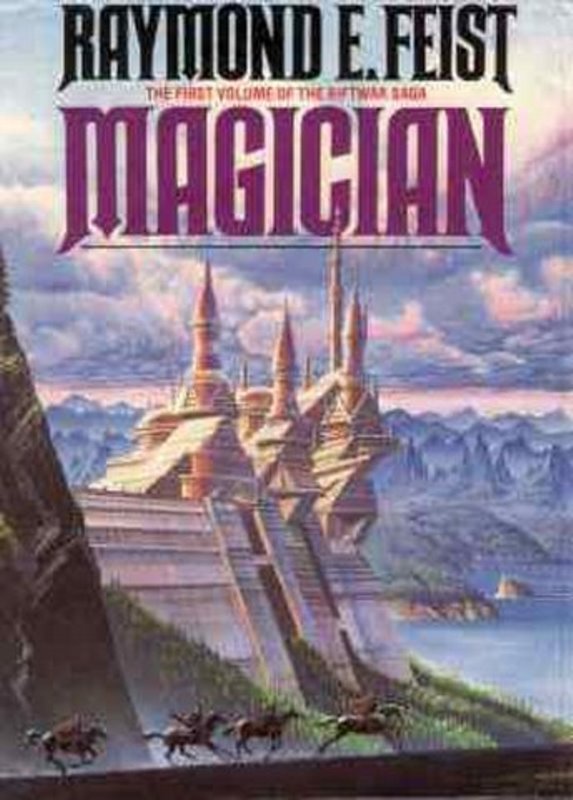
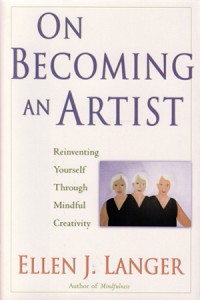
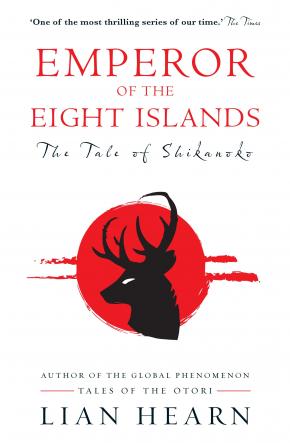
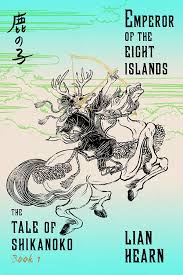
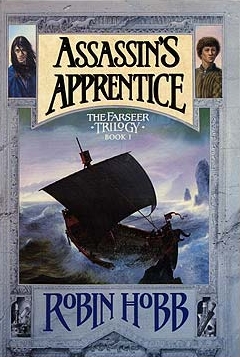
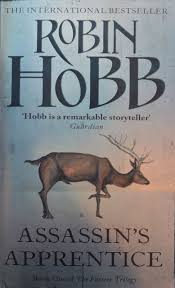
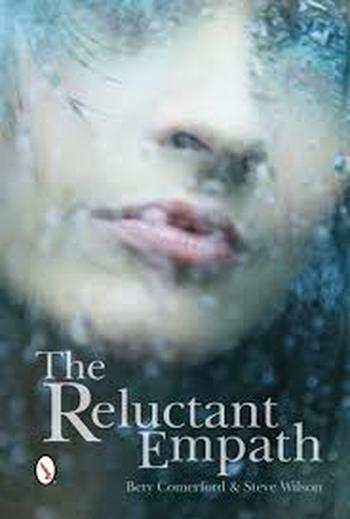
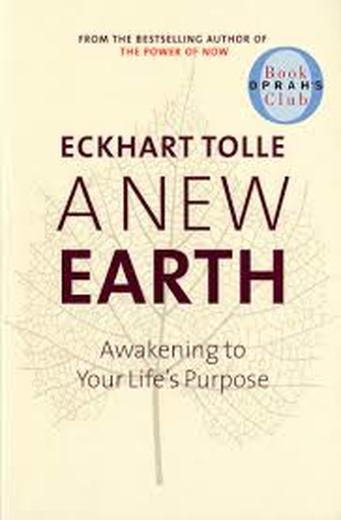
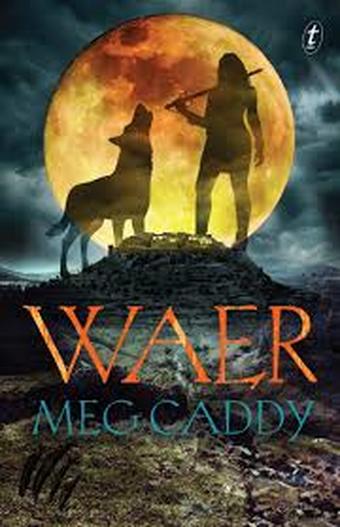

 RSS Feed
RSS Feed
